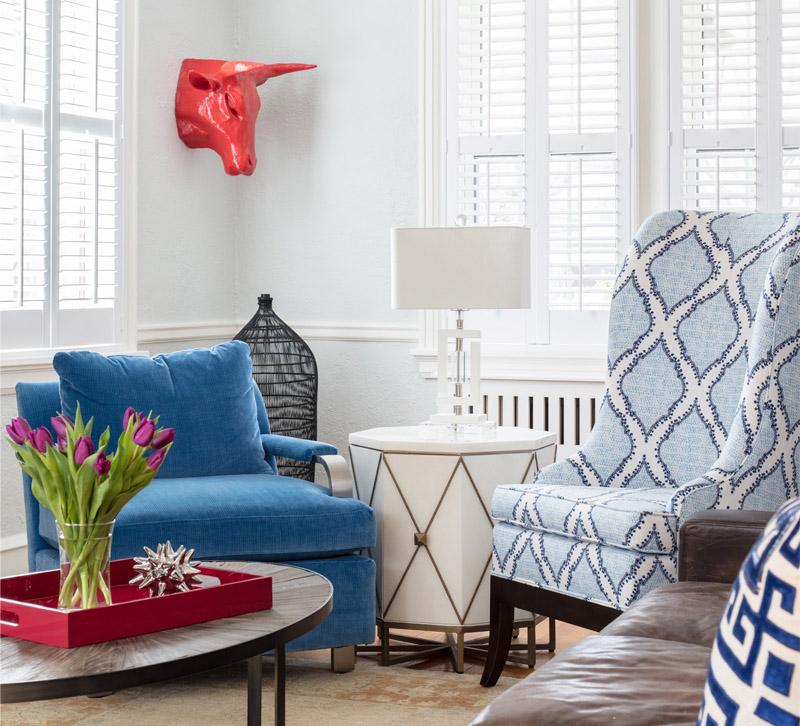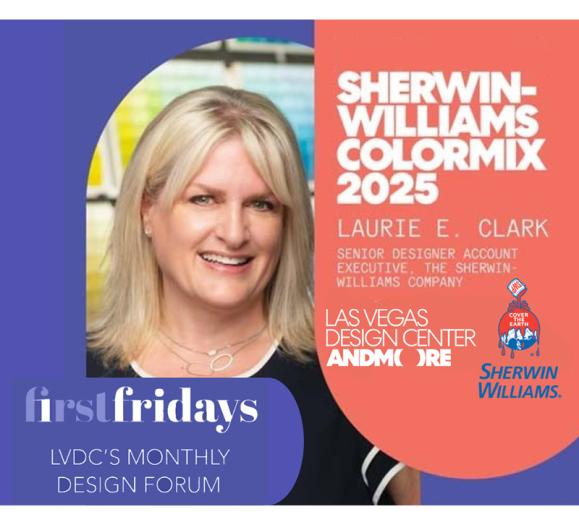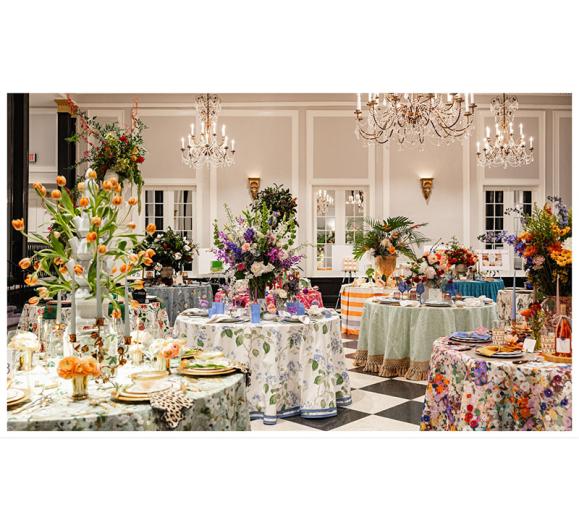In today’s world, where everyone has the ability to become a superstar on YouTube or Instagram, doing something just a little different offers the ability to have an impact. These four companies have done just that. Read on to find out what makes them unique standouts.
A New Approach

It’s the furniture industry’s inconvenient truth. According to the EPA, 9.7 million tons of furniture end up in U.S. landfills each year. That’s the equivalent of every person tossing one sofa per year. That statistic? It’s largely due to the fact that the average person between the ages of 18 and 40 moves approximately 12 times before settling down.
Jay Reno, who received his master’s in climate/environmental science at Columbia was familiar with the problem: The New York City resident had moved six times in eight years.
“I’m average. Between going to college and buying a home, you’re moving constantly because your life is changing and your situation is changing,” Reno says. “I’m actually moving again July 1, so now I’ll have moved seven times in nine years … all for good and positive reasons.”
With each move, Reno found himself purchasing disposable furniture that would fit in his new space. “Every single time I had to relocate, very few of those things would either survive the next move or fit, either physically or stylistically, in the next space,” he says.
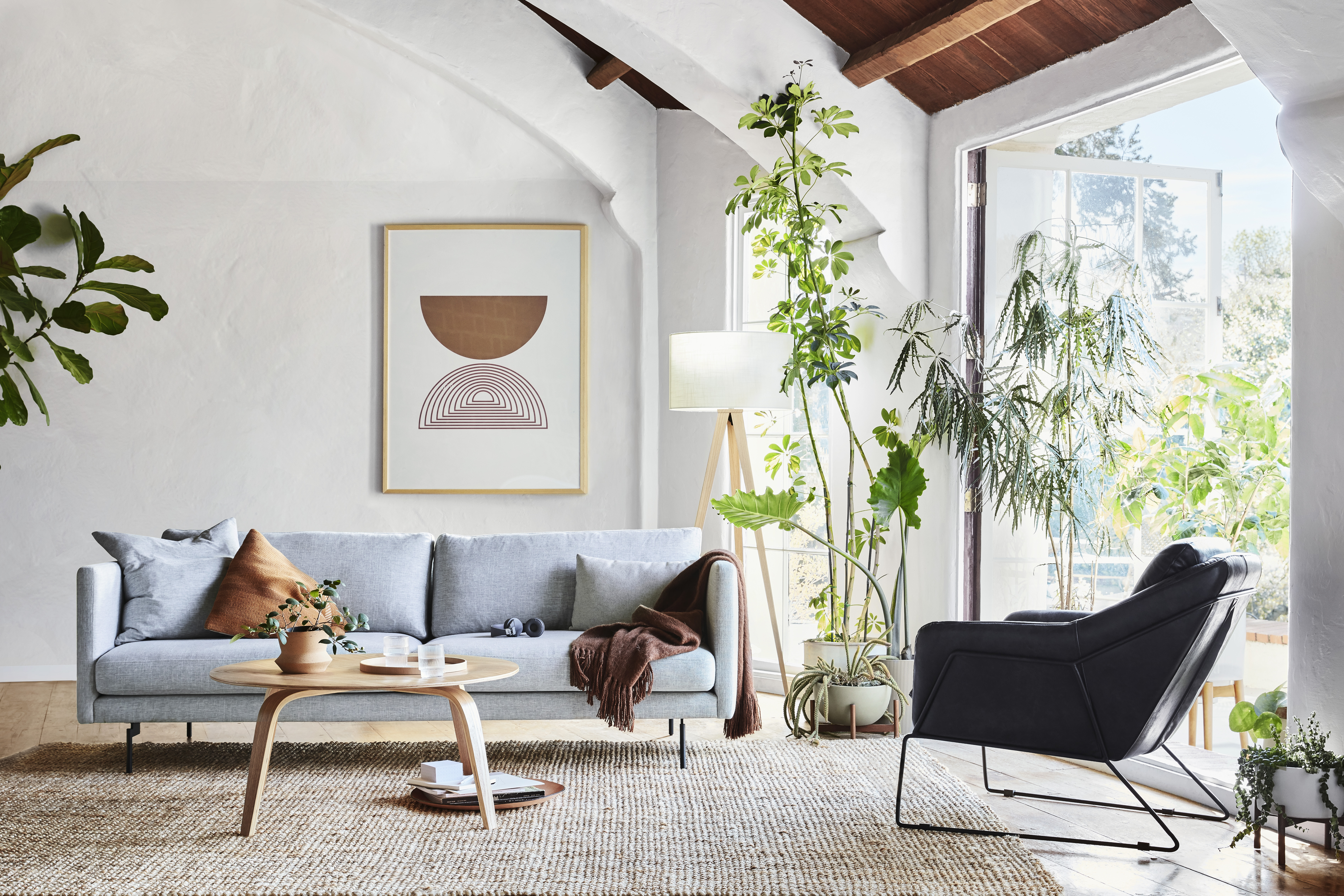
So he launched an e-commerce company. It’s called Feather, www.livefeather.com, a subscription service that Reno says does not tick the typical furniture boxes of retailer or manufacturer. Different from the likes of West Elm or IKEA, Feather does not sell furniture outright. The company also does not offer short-term rentals like CORT, or rent-to-own like Aaron’s or Rent-A-Center. It instead offers “a flexible and sustainable alternative to ownership.”
Says Reno, “People pay a monthly fee ($19 plus furniture) to have access to items as long as they use them, and whenever they have a life event, they decide whether they want to buy the item or whether they want to return it. Or, what happens most frequently, if you’re moving to a new place and you had a great experience with Feather, you can continue to subscribe, but with new furniture that fits the layout and style of your new place.”
Sofa prices on the site retail anywhere from $699/$799 to $2,899/$2,999. Anything below $699 Reno dubs “fast furniture,” the kind of disposable goods designed to begin and end life with one person. Instead, Feather-branded product (along with furnishings from partner companies like Leesa, Casper, Pottery Barn, West Elm and Joybird) focuses on durable, well-designed pieces. Upholstery is covered in contract-grade performance fabrics and casegoods offer easily cleanable or refinished surfaces. Most furnishings have component parts. Free white glove delivery and assembly are part of the subscription, as is access to one free swap. When it’s time for a change, the team shows up and takes the items away.
“Our mission is to try and transform the relationship that people have with material goods — in this case furniture — to create a happier, healthier planet,” Reno relates. “Today we have a singular relationship with things, and when you own something, you need to know how to dispose of it because you are fully responsible for it.”
The company has raised some $16 million in funding from investors and is currently available in New York City, San Francisco and, most recently announced, Los Angeles. “Feather is focused on the urban dweller, and our model requires that we have last-mile reverse logistics fulfillment centers in each of the cities that we’re in. We want to maintain the responsibility of managing the items and to do that we need to be relatively close by. Certainly, there is a world in which we expand outside of large metropolitan areas like New York and LA. Our model works in small to mid-size cities quite well, so we’ll be expanding in the coming years.”
For now, Reno says, “we’ve built a really beautiful user interface and the best experience end-to-end in furniture on our site. It’s simple to use, you can select great furniture, and you have an account manager who works with you throughout your moving process so your whole move is really easy, and the experience of having the furniture delivered is best in class, with an Uber-like experience that allows you to see where your truck is on the map. Thanks to this ease, a growing cadre of interior designers are using the service as a tool and have become a great conduit for the company.
“The biggest challenge and the biggest opportunity for us now is changing consumer behavior. We’re saying it’s OK to not have to own all those things in your life.”
Girl with a Golden Hashtag

Instagram is de rigueur for interior designers these days, but Natalie Reddell, also known as the Commander in Chic, says she was a little late to the party. Specializing in high-end residential design in Richmond, VA, Reddell turned to Instagram approximately four years ago, armed with a large, glittering hashtag she would literally tote around High Point Market as a fun, conversation-sparking, picture-taking prop. What the well-known lifestyle influencer didn’t expect was that, along the way, Instagram would “turn into a whole other job.”
Reddell’s approach to creating a joyful and beauty-filled life covers everything from interior design, entertaining, styling tips, travel, fashion, cooking, and yes, beauty tips. Working full time running a design business and managing life on the home front with a spouse battling a serious illness, Reddell began sharing what she calls “struggle videos,” via Instagram’s live feature. “I’ve always loved beauty products and there are six girls in my family: my sister and four female cousins. When my husband’s health began failing, they would send me crazy products to keep me distracted. A hair curler thing would show up and I’d have 2,000 people watching a live video of me standing in the bathroom trying it out. It was crazy, and the videos began to take on a life of their own. In three months, my followers jumped from 20,000 to 55,000.”
Two different production companies approached about turning her life into a reality show, but “I said to them, ‘If you are looking for a designer to plug into your formulaic thing, I’m not your girl. If you want something different, then I’m perfect!’”
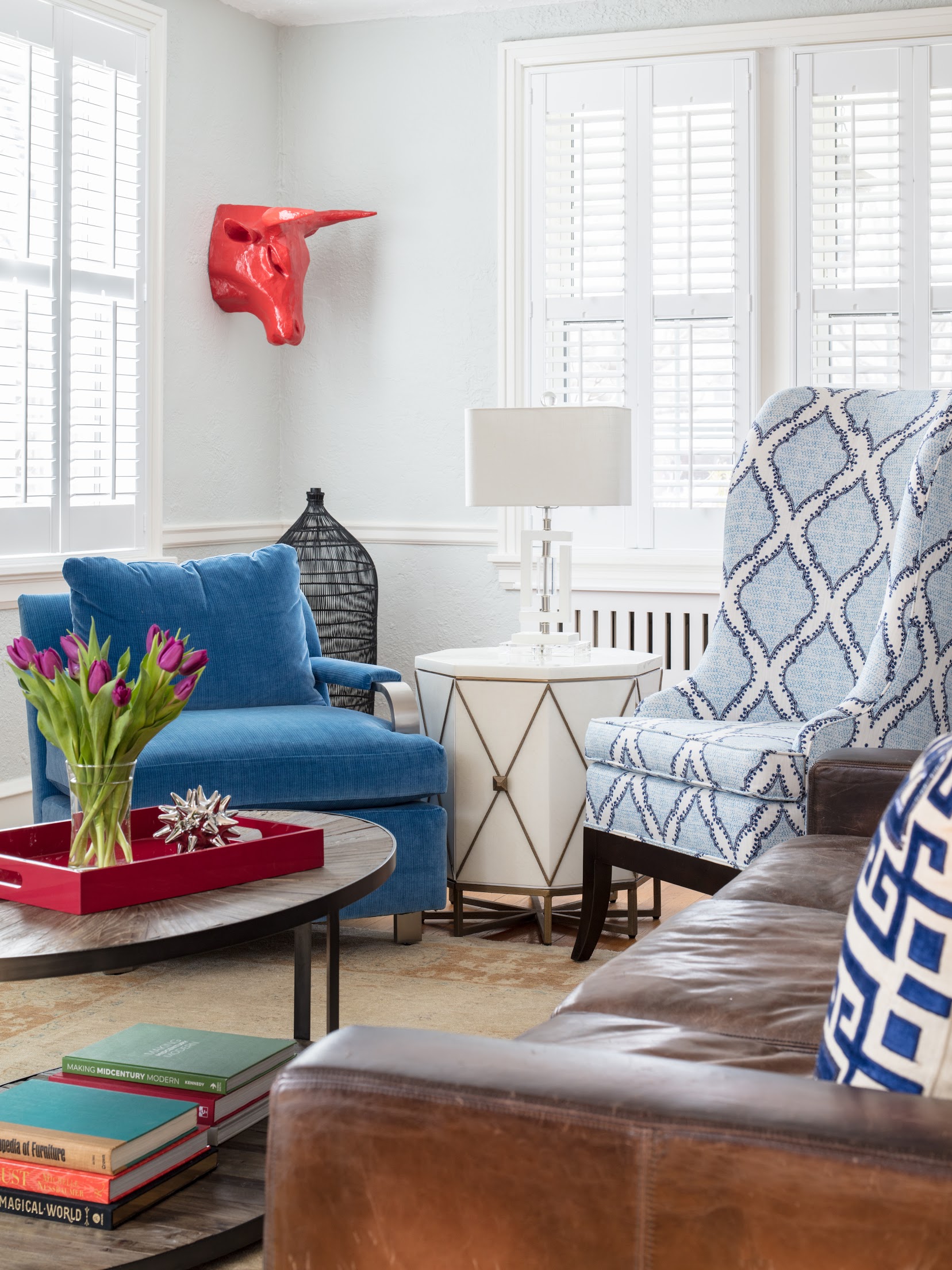
In the beginning of her Instagram journey, Reddell would post design boards of her work, and invariably she would then have to field questions about where to buy the table or chandelier (or her pajamas). Reddell dutifully answered all of those questions, sending her followers off to other sites to purchase the items they were hunting. Then, she posted “a 5,000-square-foot space for a PR firm client. It was kind of my dream project because it’s so pink, glitzy glam and over the top,” she relates. “I posted the design boards in one of my stories and a woman called and said, ‘I would like to order that office please.’”
It wasn’t just normal Mrs. Jane following along either. The industry was watching as well, and other interior designers would often reach out to ask about her sources. But Reddell’s epiphany ultimately occurred when one of her best (and most affluent) clients proudly showed her a crystal lamp she had purchased at HomeGoods. “It looked a little like the one that I had spec’d for her with my design eye, and she said, ‘I was going to order that one, but you did say 32 inches high.’ And it finally dawned on me: Why am I not selling the products I spec while promoting my lifestyle brand and driving people to my own site? I won’t even have to hang the mirror or pet their dog!”
This month, that’s exactly what Reddell is doing, as part of the launch of her new website, www.nataliereddell.com. “I’ve lately been quietly working behind the scenes, busy with professional photoshoots and building out the site, and I spent the better part of last market in High Point visiting with manufacturers,” she says. “I had already contacted a fulfillment center and was thinking I had to come up with a lot of capital to make it work, but it turns out every single vendor I spoke with said, ‘We really want to be a part of the Commander in Chic shop.’ They were so excited, 1,000 percent on board, and happy to drop ship.”
Convinced she was on the right track, Reddell says she turned down a few high-profile speaking opportunities and kept a relatively low profile during market. What she did not back away from, however, is the one market activity she believes is actually her most important endeavor: hosting an AA meeting for marketgoers in the Universal Furniture conference room. “I’m 11 years sober from alcohol, and I’ve been very open about that. There are a lot of people out there thinking about relapsing and there have to be role models, particularly at market, where it seems like every event is champagne and chandeliers.” Email her for more info and watch the market listings for dates and times.
Turning the Tables
Joseph Radic got into the furniture business due to another move, this one from Wall Street to a woodworking shop located in southern New Jersey. Radic, with no prior experience in the industry, or affinity for woodworking, acquired Emmor Works, which specializes in producing tables by hand using local artisans. “I knew, as part of my research, that the majority of furniture in the United States is imported. But there are still niches in the U.S. for wood furniture and people like buying products that are made in the USA. And I thought the tables the company was making were beautiful.”
Named for the grandfather of the man who started the business in his barn four years ago, the company specializes in simple, farmhouse-style wood looks that it sells direct to consumers. In the two years since acquiring the company, Radic admits he’s been on the fast track in terms of learning — from how to run and manage the business, to wood species and logistics. But he quickly found his niche, producing conference tables for A-list brands ranging from Ellen DeGeneres to Google, Vonage and stores like Orvis, among dozens of others.
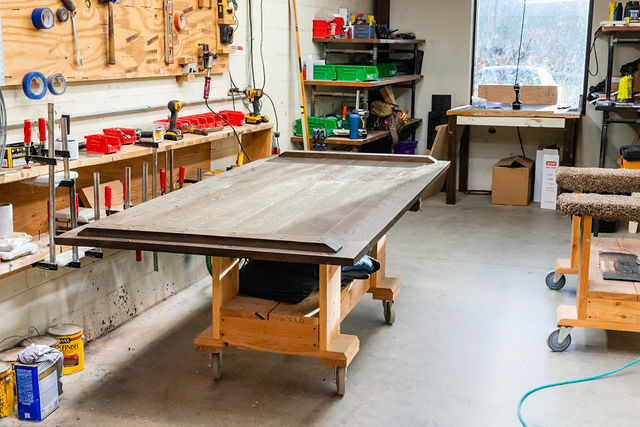
“If you think about it, here in New Jersey we’re within four hours of 50 to 60 million people, and we deliver from Boston down to the D.C. area., and custom is where it is at now,” he says. “Where else in New York, Philadelphia, Boston or D.C. can you get a table made in 30 to 40 business days to your specifications?”
When Radic took over Emmor Works, the majority of the tables were designed for residential use, with farmhouse styles starting at $525 retail, and butcher-block in the neighborhood of $2,800. “People like buying locally and they like having things that are unique,” he says. And, while the only marketing is word-of-mouth and the company’s website, www.emmorworks.com, the interior design community has begun to take note. “We had no social media presence when I purchased the business; we’re beginning to build that out now.”
Just Do It…All
It took a long time for Bruce Macdonald, Chief Executive of Atlanta-based Bruce Andrews Design, to decide it was time to produce his own line of furniture, much less design, produce and market it too. Refusing to compromise by sending production overseas, he was determined to build his furniture in the United States.
After earning his fine arts degree at the University of the Witwatersrand in Johannesburg, South Africa, the design pro worked on multiple continents and in roles as diverse as advertising president for Markor Home and Ethan Allen, China, and creative director for retailers like Art Van Furniture, Target, Macy’s and Marks & Spencer. He was involved in numerous retail build-outs and the winner of numerous advertising awards, and his career would eventually span fashion, interior and furniture design. He launched his eponymous firm — Bruce Andrews Design — in 2014, a move he says realized a long-held dream to manufacture bespoke furniture of impeccable quality.
“My aim is nothing less than creating legacy. As an immigrant from South Africa, I felt like I had to be innovative, to instill a newness and freshness in design and that I could actually have the furniture made here,” Macdonald says. His curated line can be found at ADAC and in sophisticated boutiques, as well as exceptional hotels like the Woodstock Inn & Resort in Vermont, furnished for the Rockefeller Foundation.
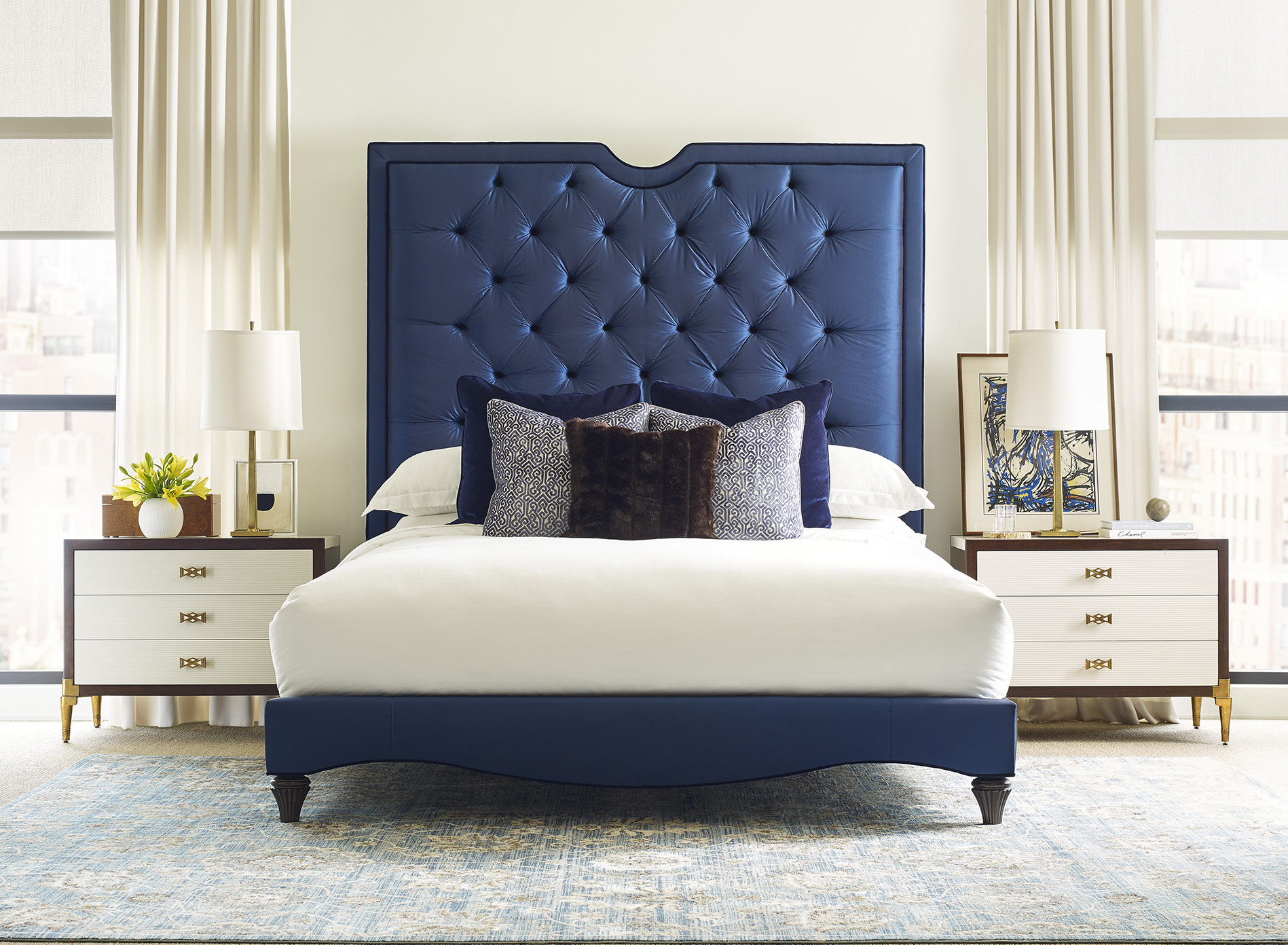
He describes his designs — each of which is numbered and signed— as next century’s collectibles. “As I got older, I realized that what I really wanted to do was build a brand of my own, a quality brand that has resonance to it, and to give back to society. There are a lot of talented craftspeople out of work in this country, which is very debilitating for their communities. I want to be one of the catalysts for bringing quality and craftsmanship back to America’s shores."
The initial result of his aspiration — Collection Skye — was inspired by the historically significant furnishings found in his grandfather’s manor house on the Isle of Skye. He turned to the coastal climes of his native South Africa for Azure and the Dune Collection draws from the African continent.
He eschewed licensing agreements in favor of producing his own line “because I wanted to control my own destiny,” he says. “There are a lot of challenges and it’s not all romance and roses, but it’s incredibly exciting, and slowly but surely we’re accruing clients who understand why we do what we do and they become brand ambassadors who want to buy from us all the time.”



